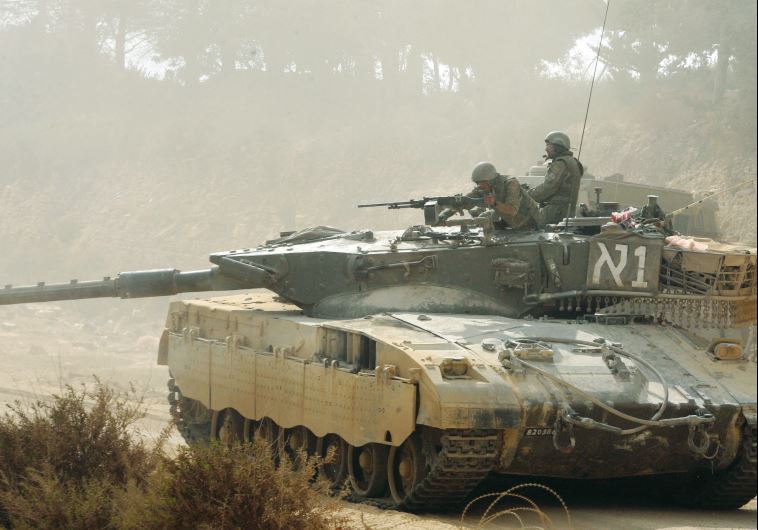'Israeli-Arabs suffered more anxiety from border wars than Israeli-Jews'
Being attacked by Arab countries made them feel completely helpless, according to University of Haifa research.
 An Israeli tank moves along the border with Lebanon in August 2006Updated:
An Israeli tank moves along the border with Lebanon in August 2006Updated: